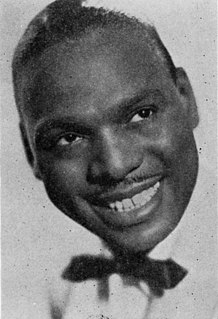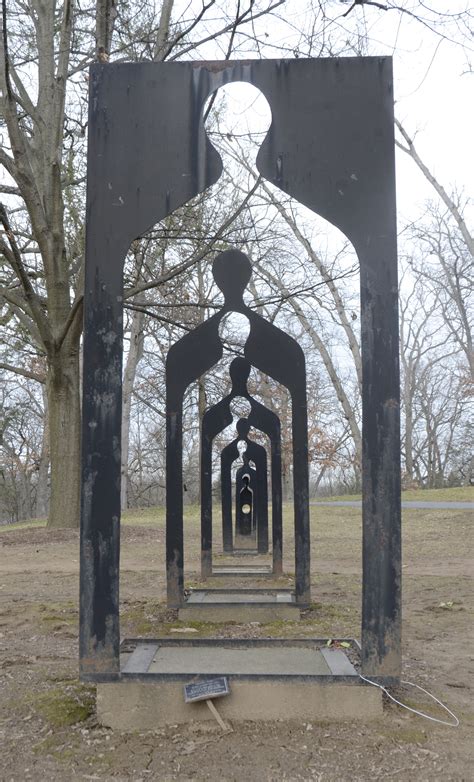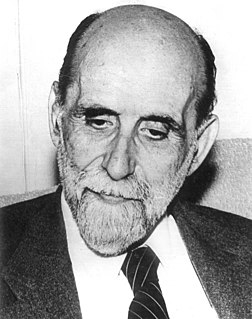A Quote by Felix Adler
Man is like a tree, with the mighty trunk of intellect, the spreading branches of imagination, and the roots of the lower instincts that bind him to the earth. The moral life, however, is the fruit he bears; in it his true nature is revealed.
Related Quotes
There's the tree with the branches that everyone sees, and then there's the upside-down root tree, growing the opposite way. So Earth is the branches, growing in opposing but perfect symmetry. The branches don't think much about the roots, and maybe the roots don't think much about the branches, but all the time, they're connected by the trunk, you know?
I know now that he who hopes to be universal in his art must plant in his own soil. Great art is like a tree, which grows in a particular place and has a trunk, leaves, blossoms, boughs, fruit, and roots of its own. The more native art is, the more it belongs to the entire world, because taste is rooted in nature. When art is true, it is one with nature. This is the secret of primitive art and also of the art of the mastersMichelangelo, Czanne, Seurat, and Renoir. The secret of my best work is that it is Mexican.
Sadness gives depth. Happiness gives height. Sadness gives roots. Happiness gives branches. Happiness is like a tree going into the sky, and sadness is like the roots going down into the womb of the earth. Both are needed, and the higher a tree goes, the deeper it goes, simultaneously. The bigger the tree, the bigger will be its roots. In fact, it is always in proportion. That's its balance.
After I did the drawings of trees combining them with words, I started doing - I did that for a very short time. Then it kind of - that sort of evolved into just showing the branches of a tree coming down into the trunk and then going into the root system. So I showed both the branches and the roots of a tree, which were about equal. There is as much going on under the ground as is going on above the ground, which you can see.
It is an absolutely vain endeavor to attempt to reconstruct or even comprehend the nature of a human being by simply knowing the forces which have acted upon him. However deeply we should like to penetrate, however close we seem to be drawing to truth, one unknown quantity eludes us: man's primordial energy, his original self, that personality which was given him with the gift of life itself. On it rests man's true freedom; it alone determines his real character.
To lose a brother is to lose someone with whom you can share the experience of growing old, who is supposed to bring you a sister-in-law and nieces and nephews, creatures who people the tree of your life and give it new branches. To lose your father is to lose the one whose guidance and help you seek, who supports you like a tree trunk supports its branches. To lose your mother, well, that is like losing the sun above you. It is like losing--I'm sorry, I would rather not go on.
The religion of our fathers overhung us children like the shadow of a mighty tree against the trunk of which we rested, while we looked up in wonder through the great boughs that half hid and half revealed the sky. Some of the boughs were already decaying, so that perhaps we began to see a little more of the sky than our elders; but the tree was sound at its heart.
The forest stretched on seemingly forever with the most monotonous predictability, each tree just like the next - trunk, branches, leaves; trunk, branches, leaves. Of course a tree would have taken a different view of the matter. We all tend to see the way others are alike and how we differ, and it's probably just as well we do, since that prevents a great deal of confusion. But perhaps we should remind ourselves from time to time that ours is a very partial view, and that the world is full of a great deal more variety than we ever manage to take in.


































